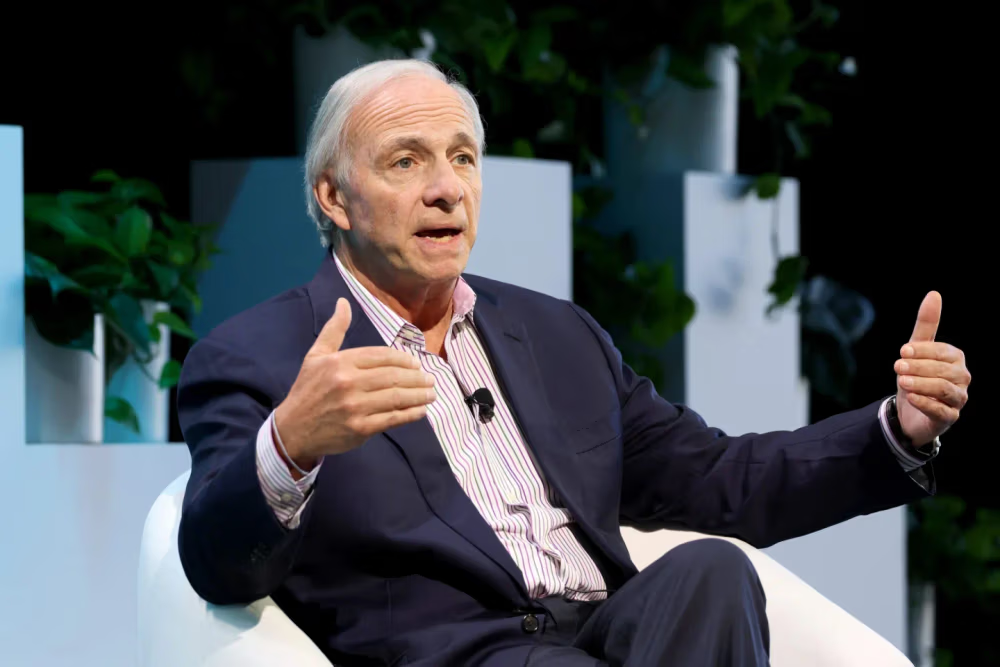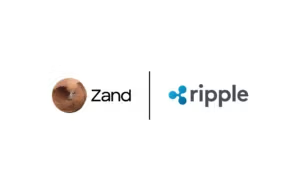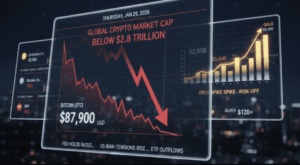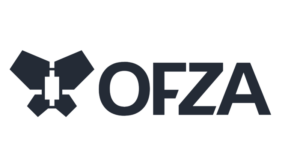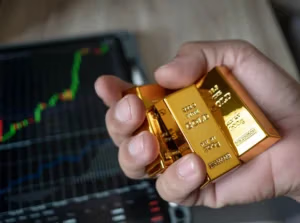Billionaire investor and Bridgewater Associates founder Ray Dalio has said that Bitcoin is fast emerging as a globally accepted form of currency, attributing its growing legitimacy to the cryptocurrency’s fixed supply and immunity from monetary inflation.
“Bitcoin is now emerging as a widely accepted currency around the world because its supply can’t be easily increased,” Dalio said as reported by Bitcoin Magazine.
Dalio’s endorsement comes at a time when traditional financial systems are grappling with liquidity overhang, rising public debt, and continued devaluation of fiat currencies. His comments signal a significant departure from earlier skepticism and reflect a broader institutional shift towards digital assets as a legitimate component of the global financial ecosystem.
Bitcoin Finds Its Place in Global Macro Conversations
Dalio, a long-time observer of global macroeconomic cycles, has previously referred to Bitcoin as a “digital gold” alternative in a world dominated by expansive monetary policies. However, his recent comment signals a stronger belief in Bitcoin’s potential as a medium of exchange, and not just a speculative or store-of-value asset.
This comes at a time when several institutional investors, hedge funds, and sovereign wealth funds are expanding exposure to digital assets, viewing them as hedges against inflation and currency debasement.
Institutional Participation on the Rise
The increasing adoption of Bitcoin by major financial institutions has been evident across multiple indicators. Asset managers such as BlackRock, Fidelity, and Franklin Templeton have launched or expanded spot Bitcoin exchange-traded funds (ETFs). In contrast, custody and trading infrastructure for crypto assets have seen significant upgrades from traditional financial institutions.
Dalio’s recognition adds to a growing list of high-profile endorsements from the likes of Larry Fink, Stanley Druckenmiller, and Bill Ackman, who have all either publicly acknowledged Bitcoin’s potential or revealed exposure through investment vehicles.
Emerging Market Relevance
While Western financial markets continue to debate regulatory clarity regarding digital assets, emerging markets are rapidly experimenting with the integration of crypto into their economic infrastructure. Countries such as El Salvador and the Central African Republic have adopted Bitcoin as legal tender, while others, including the UAE, Singapore, and Brazil, are crafting pro-innovation regulatory frameworks to attract crypto-related capital and talent.
In the UAE, where fintech and digital assets have become strategic sectors, Dalio’s remarks are likely to reinforce the policy narrative. Both Dubai and Abu Dhabi have issued virtual asset regulatory licenses and established dedicated cryptocurrency zones to support the expansion of the industry.
Scarcity as a Strategic Advantage
At the core of Dalio’s argument is Bitcoin’s algorithmic supply cap of 21 million coins, a feature that sets it apart from fiat currencies subject to central bank interventions. With global inflation remaining above target levels and central banks turning dovish amid slowing growth, Bitcoin’s supply rigidity is increasingly seen as an economic advantage, not a limitation.
Outlook: From Speculative Asset to Reserve Candidate?
Dalio’s shift in tone may be emblematic of what many in the industry believe is the next phase of Bitcoin’s evolution—from a speculative asset class to a potential reserve currency in select contexts. While regulatory and scalability concerns persist, Bitcoin’s increasing adoption among institutions, corporations, and even central banks suggests a deeper integration into the global financial architecture.


